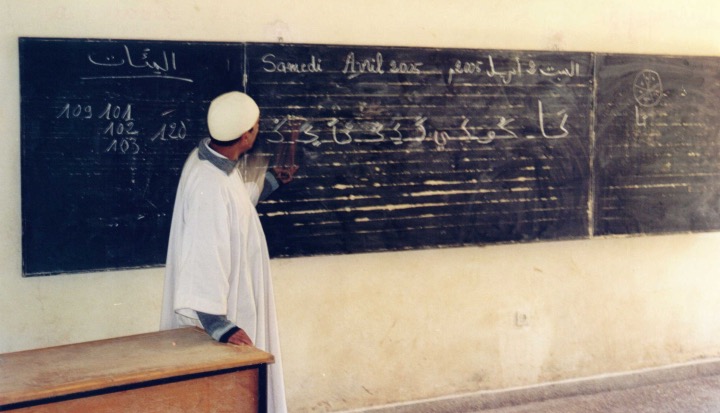Redefining Waste: Turning Corporate Excess into a Lifeline for Communities in Need
In today’s world, where the effects of climate change and social inequality are increasingly evident, the need for innovative and sustainable solutions is more critical than ever. The widening gap between environmental degradation and social inequalities poses significant challenges for our collective future.
Worldwide Wonder to Waste has been at the forefront of solving these problems by putting the goal ahead of profit. Social Enterprise has redefined traditional views on waste management by focusing on the ethical disposal of unwanted office furniture and equipment from large corporations. Instead of these items contributing to the global waste problem, Worldwide Wonder to Wonder redistributes them to communities in need, turning potential waste into valuable resources that can lead to meaningful change.
From a Single Project to a Global Mission to Strengthen Education
For more than two decades, Waste to Wonder has embarked on a mission to leave an indelible mark on communities around the world. Our sustainable development story began in 2003 with our first major project when we were commissioned to clean BP’s corporate office in Hemel Hempstead. The challenge was enormous: we had to clean over 800 seats, while ensuring that as much furniture as possible was donated to charity.
We have our work cut out for us. We spent weeks identifying local buyers who could benefit from the furniture. However, after our best efforts, we were left with over 17 containers of equipment still in need of a new home. It was at this important moment that we met Professor Ahmed Chebouni, who was then Head of the Department of Educational Affairs at the University of Marrakech. Dr Chebouni also led CDRT-Le Center de Développement de la Région du Tensift, a charity focused on addressing critical social issues, including the lack of education faced by young women in rural Morocco.

In many of these rural areas, young women could not travel unaccompanied to pursue secondary education unless accompanied by a male relative. To bridge this gap, Dr Chebouni and CDRT identified unused government buildings that could be converted into secondary schools. When we heard about it, we saw an opportunity to make a difference. We have offered to donate the necessary furniture to equip these schools, provided they fund the CDRT’s transportation costs.
What happened next was nothing out of the ordinary. Within weeks, the King of Morocco, Mohammed ibn al-Hasan, agreed to finance the shipping of 17 containers of furniture. These shipments launched our School in a Box initiative, which has since grown into a global effort to support education in underserved communities. This initial donation led to the establishment of 17 fully equipped schools in rural Morocco, a journey that would last 20 years and reach beyond the borders of a single country.
Creating Lasting Change
Today, Waste to Wonder Worldwide donated £40 million worth of equipment, impacting the lives of over 1.5 million young people in 40 countries. our “School in a boxThe program alone has equipped more than 1,400 schools, provided essential resources to children, and helped lift communities out of extreme poverty. By repurposing and redistributing existing furniture, we’ve been able to create a positive ripple effect that continues to improve lives around the world.
 The impact of our work is measured not just in numbers, but in the stories of young people who are given the chance to learn and grow in environments equipped with the tools they need to succeed. The School in a Box program is supported by the world’s largest companies, helping young people break the cycle of poverty and providing education where it is needed most.
The impact of our work is measured not just in numbers, but in the stories of young people who are given the chance to learn and grow in environments equipped with the tools they need to succeed. The School in a Box program is supported by the world’s largest companies, helping young people break the cycle of poverty and providing education where it is needed most.
This initiative exemplifies how large businesses can use their influence and resources to create a significant positive impact on society and the environment. Large corporations are in a unique position to manage significant change because of their vast resources and vast reach. By integrating sustainability and social responsibility into their core business models, these companies can contribute to sustainable development while solving pressing global issues, creating a lasting legacy of positive change, and transforming not only waste, but the world itself.
Our story is one of collaboration, innovation and an unwavering commitment to making the world a better place – one piece of furniture at a time.

